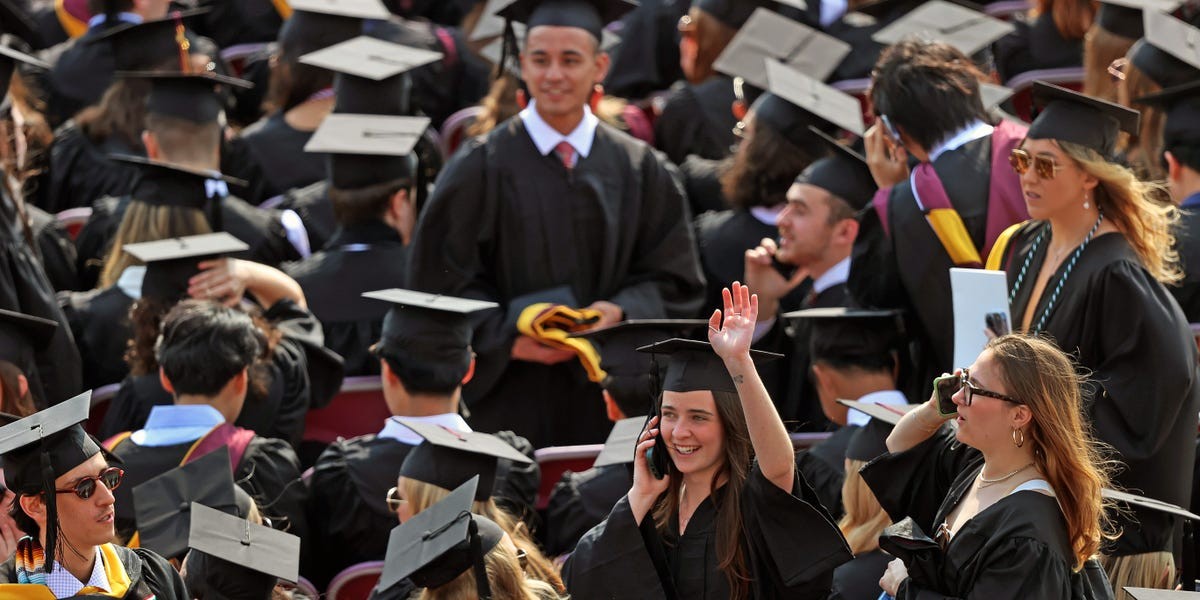
A new poll reveals a striking shift in attitudes toward higher education, with 51% of Generation Z graduates now viewing their college degree as a "waste of money." The survey, conducted by Indeed, highlights a growing generational divide in perceptions of college value.
The poll, which surveyed 772 U.S. adults in March 2023, found that Gen Z's disillusionment far exceeds that of older generations - only 41% of millennials and 20% of baby boomers considered their degrees wasteful investments.
This changing sentiment comes as college costs have doubled over the past two decades, with average bachelor's degree expenses now exceeding $38,000. Total student loan debt has reached nearly $2 trillion nationwide.
"The economy and labor market have fundamentally changed," explains Sean Lyons, Associate Dean at the University of Guelph's School of Business. He notes that today's job market demands specialized technical skills that weren't required for previous generations' success.
The survey revealed concerning trends about student debt impact:
- 52% of graduates left school with education loans
- 38% said debt hindered their professional growth more than their degree helped
- Those with student debt (41%) were more likely to view their degree as wasteful compared to debt-free graduates (31%)
The rise of artificial intelligence has further complicated matters, with 45% of Gen Z graduates believing AI has made their degrees irrelevant. However, career experts emphasize that AI should be viewed as a skill amplifier rather than a degree replacement. A striking new survey reveals that over one-third of employers would prefer to hire artificial intelligence systems rather than recent college graduates, highlighting growing concerns about workforce readiness among young professionals.
Despite growing skepticism, data shows college graduates still earn significantly more and face lower unemployment rates than those with only high school diplomas. But the path to recouping education costs has lengthened - some degrees now take over 20 years to pay for themselves.
The findings suggest a potential shift in higher education's future, as more young people question traditional college pathways and explore alternatives like trade schools and certification programs. Research by ICEF USA projects a decline in college-educated Americans in coming years due to changing attitudes and demographics.